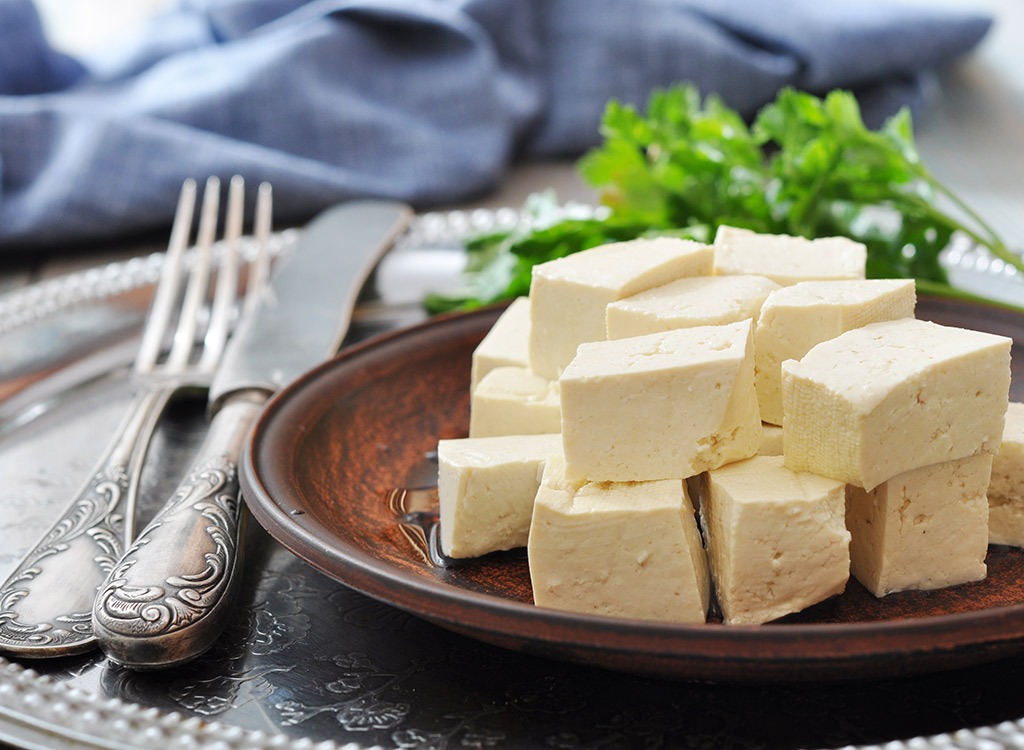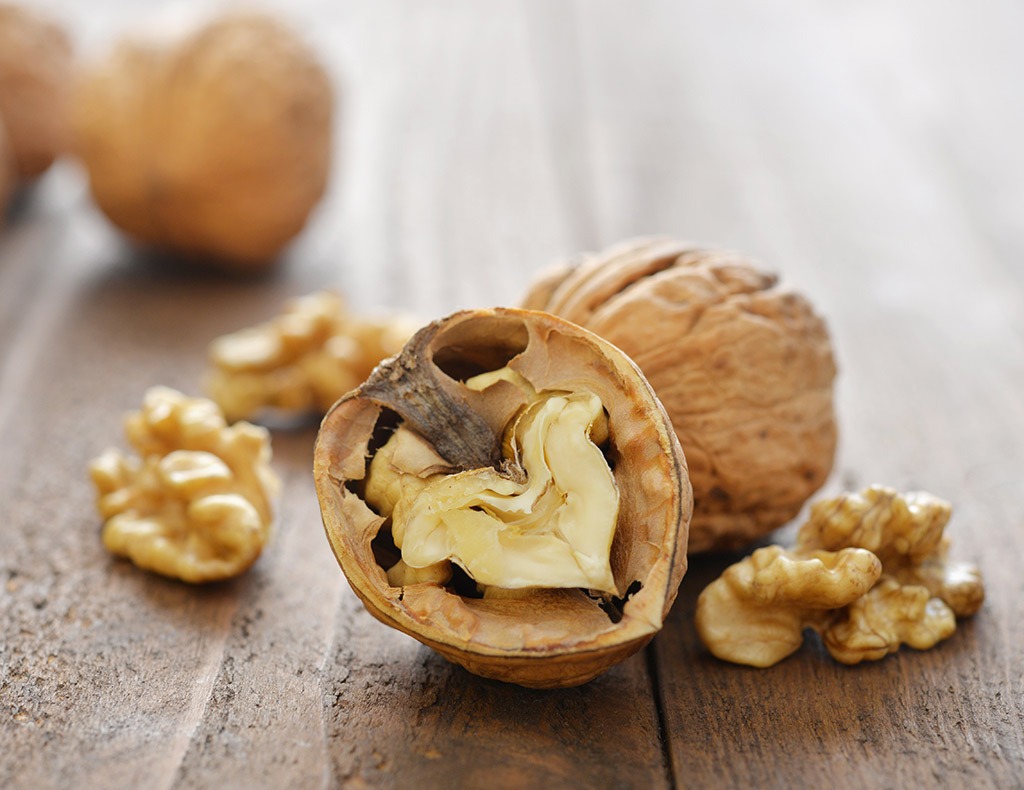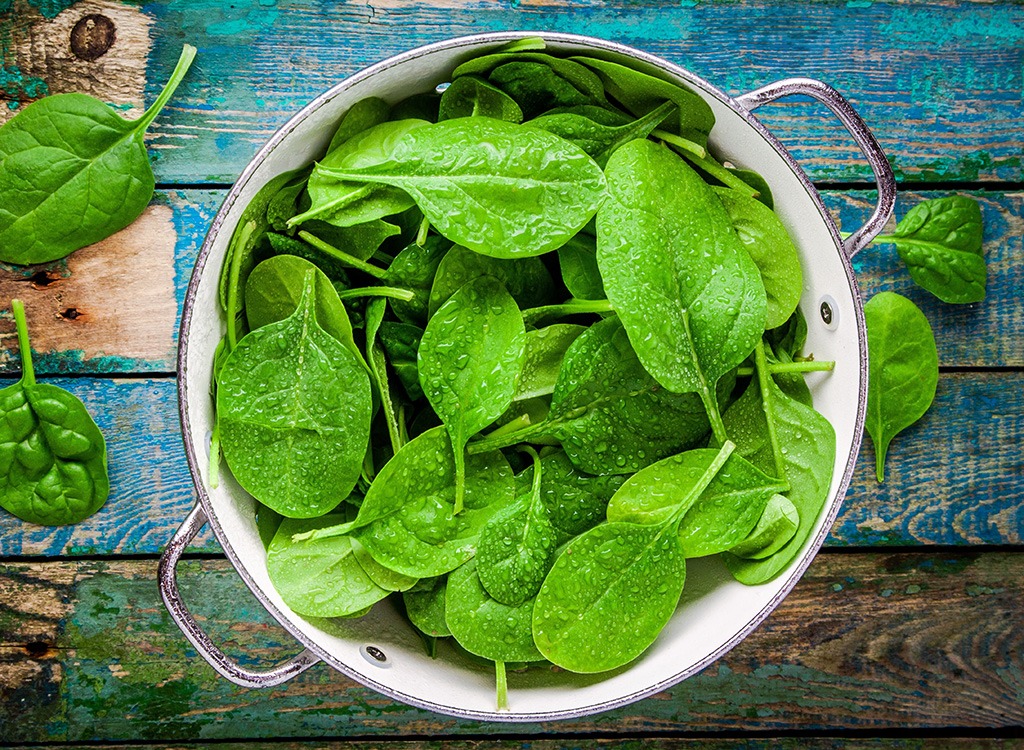Are You Wasting Your Time Taking Omega-3 Supplements?

The last couple of years there’s been a lot of buzz around omega-3 fatty acids due to their heart-healthy benefits. Whether you’re following the Mediterranean diet or keto, chances are you’re eating plenty of omega-3-rich foods. But because not everyone is a fan of salmon (no judgments) or has time to whip up a filet every night, many people look to omega 3 supplements to get their daily dose. Research, however, suggests that fish oil may be something of a foe—as it was proven to have little to no effect on heart health. A recent review published in Cochrane Database of Systemic Reviews looked at trials of more than 100,000 people and discovered very little evidence that popping omega-3 pills helps prevent heart disease.
In fact, researchers said the chance of omega-3 pills making a difference was one in 1,000. If you’ve been forking over chunks of your paycheck in exchange for those horse-pill-sized tablets, those days are gone, so go ahead and consider this a win. Omega-3 fatty acids from natural food sources are still great for you, though. So you should continue incorporating them into your diet. Walnuts, chia seeds, extra-virgin olive oil, eggs, and grass-fed beef are just some of the best foods for omega-3s. We spoke to nutritionist Mary Grace Webb, MA, RD, CDN, CDE, FAND, of New York-Presbyterian, to get the full scoop on this heart-loving fat.
Why are omega-3 fatty acids so good for us?
“Omega-3 Fatty Acids are good fats and anti-inflammatory agents. They’re often highly recommended to lower the risk of heart disease, or when the body is irritated, like arthritis.”
Webb adds that the same goes for those who can’t digest nuts and seeds well. There are so many creative options to get omega-3s into your diet, like eating nut butter or folding in flaxseeds into your morning yogurt or baked goods.
If people stop taking these omega 3 supplements, what are the best ways to get enough omega-3 in a daily diet?
“Always think food first. It’s always best to get your nutrients from real food—sometimes we rely too much on supplements. Omega-3 fatty acids are found in fish, walnuts, flax seeds. However, not everyone wants to eat a lot of fish. If you don’t like fish, that’s ok. There are so many ways you can enjoy fish in untraditional ways, like sushi, or small amounts of salmon in lox, for example. There are ways to get that omega-3 boost by thinking out of the box.”
Below, we’ve found three ways to bring Omega-3s into your diet with ease.
1. Firm Tofu, 814 mg Omega-3s per 3-ounce serving

Aside from stealing the spotlight in every miso soup, firm tofu—made from mashed soybeans—can be a meal in itself and provides high amounts of omega-3s in the process.
2. Walnuts, 2,500 mg Omega-3s per 1/4 cup

Out of all the nuts out there, walnuts bring the most omega-3s to the table. They’re also high in disease-fighting antioxidants. Sprinkle a few chopped walnuts in your morning oatmeal or salad for extra crunch.
3. Spinach, 352 mg Omega-3s per 1/2 cup (cooked)

When selecting your lettuce, you may want to reach for the spinach over anything else in the produce aisle. This one is surprising, but the vegetable is a great source of both omega-3 and vitamin E.